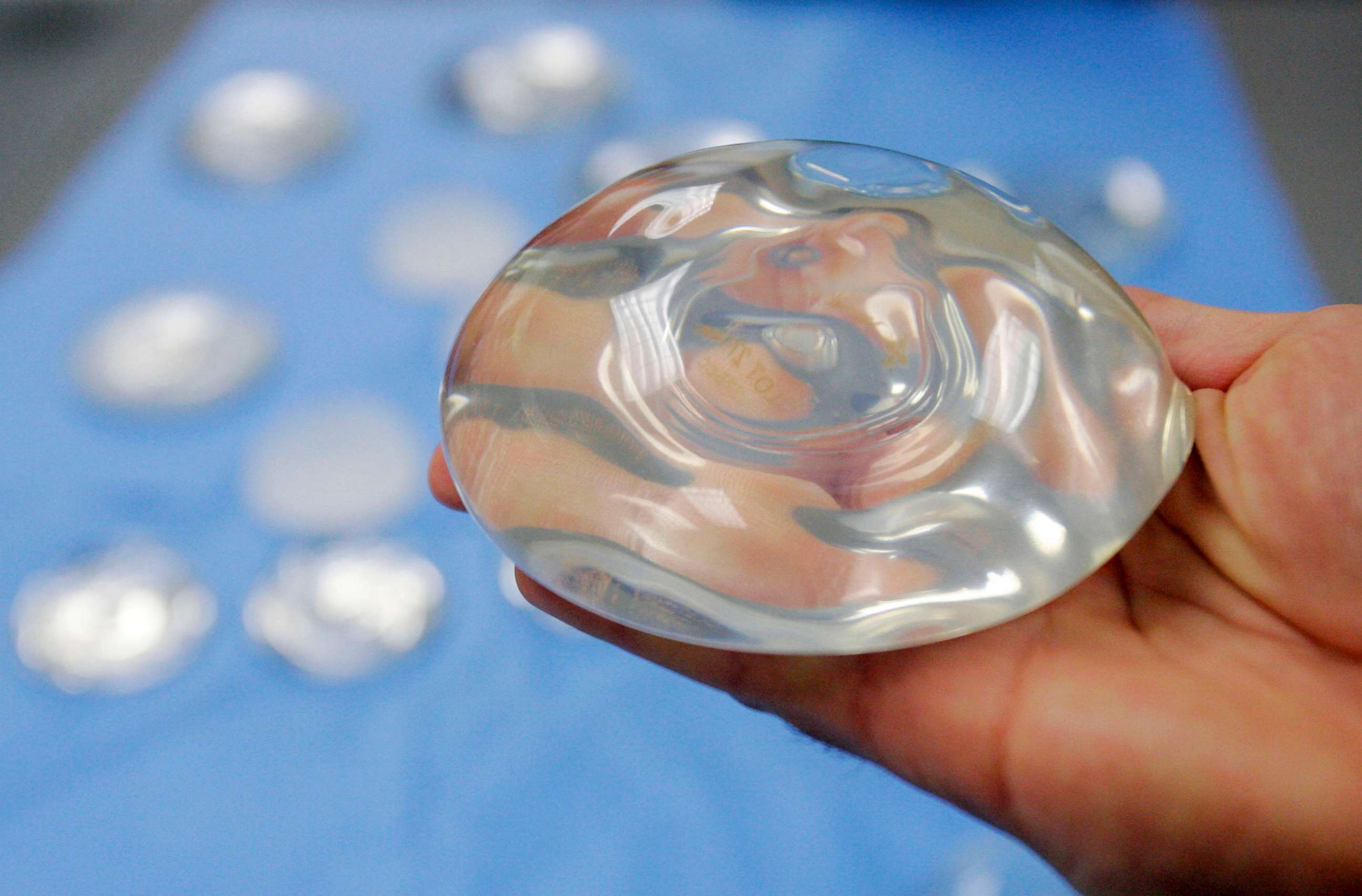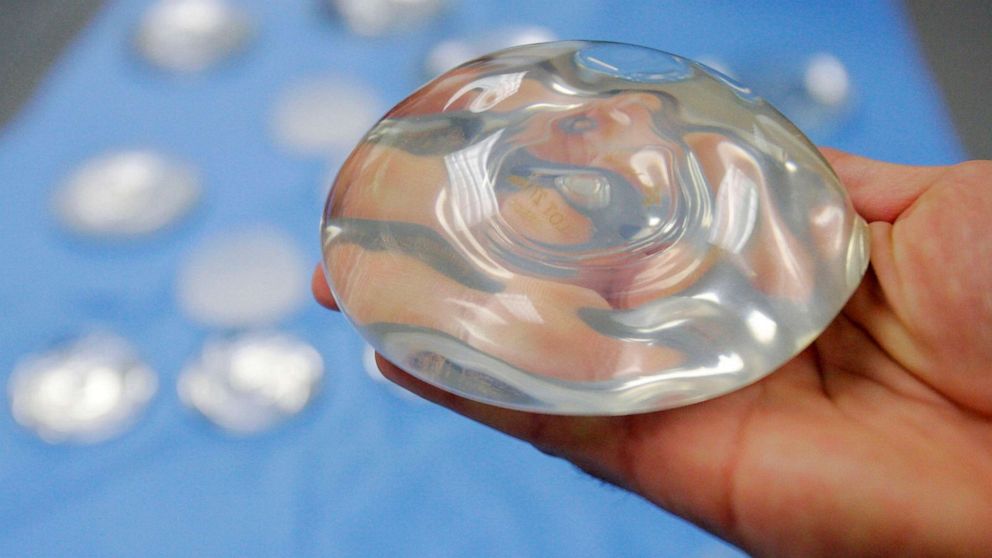FDA pushes for stronger warnings about breast implant risks, including cancer
The Food and Drug Administration issued new breast implant guidance on Wednesday, recommending that manufacturers include serious warning labels about the potential complications and risks.
The administration recommended that breast implants carry a "boxed warning," its strongest form of warning, to inform consumers about links to cancer and other risks in an effort to better inform women who are considering breast augmentation, according to a statement.
"We believe women should have thoughtful and balanced discussions with their health care providers about both the benefits and risks of breast implants based on clear and current information," the statement said. "We have heard from many women that they are not fully informed of the risks when considering breast implants. They’ve stated that they need more information to facilitate meaningful conversations with their doctors and to make appropriate decisions for themselves."
The recommendations, which have now been put forward for public review, come months after officials linked certain implants to hundreds of U.S. cases of breast implant-associated anaplastic large cell lymphoma, or BIA-ALCL, which is a rare form of cancer that affects the immune system.

In July, pharmaceutical company Allergan recalled several models of its textured breast implants that were directly linked to BIA-ALCL. The company announced the decision following a recommendation from the FDA. It said the risk of BIA-ALCL in patients with Allergan BIOCELL textured implants is around six times higher than the risk of it in patients with textured implants from other manufacturers in the U.S.
In its statement on Wednesday, the FDA said manufactures should identify the risks of developing the rare cancer, along with other risks, in the boxed warning. It said the chances of developing complications increase the longer a patient has the implant.
The administration also recommends that manufacturers include a patient decision checklist at the end of a patient informational booklet or brochure.
"A checklist gives patients the opportunity to acknowledge individual risks of breast implants, such as potential risks from the surgery, the risk of BIA-ALCL and risk of implant rupture, among others," the statement said. "Taken as a whole we believe this draft guidance, when final, will result in better labeling for breast implants that will ultimately help patients better understand breast implant benefits and risks, which is a critical piece in making health care decisions that fit patients' needs and lifestyle."
Once the guidance is finalized, manufacturers will have the option to either follow the recommendations or choose other methods of labeling, "so long as the labeling complies with applicable FDA laws and regulations," it added.
ABC News' Ella Torres contributed to this report.




